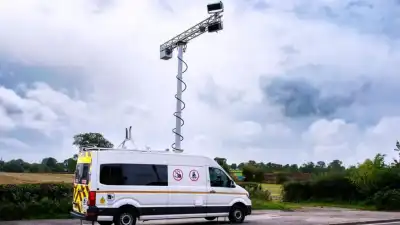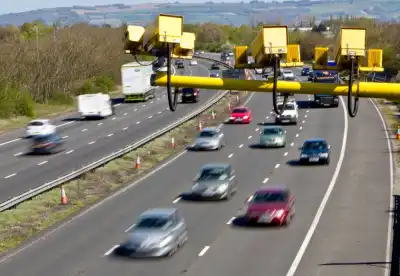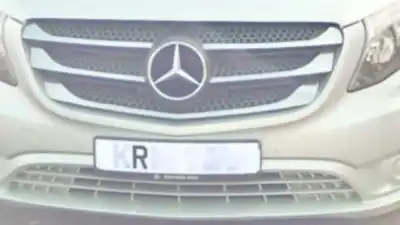
Whether you fancy rushing to the beach with your windbreaker and deckchair just so the kids can have a paddle, or if you’re packing the car to the rafters for a long drive down to the South of France - the last thing you want is a breakdown.
It’s always good to give yourself the best chance, so a bit of preventative maintenance will keep your car ticking over just right. Here are 10 ways to keep your motor in check…
Tyres - It’s always good to have a fresh set of rubber on your car before a particularly long journey, but only if they need replacing. You need 1.6mm of tread as a legal minimum, but you’d be silly to let your tyres get this worn. They’re the only things keeping your car on the road after all. To check, get a 20pence piece and slide it into the tread lines - if you can’t see the outer band of the coin you’re fine, but if it is peeping through then get them changed.
Check your levels
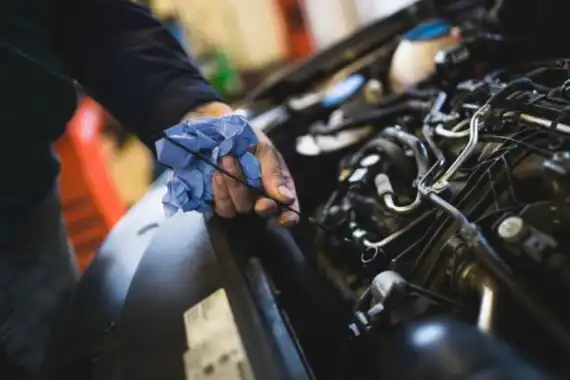
I know, it can be quite intimidating getting stuck-in under your bonnet but we can’t stress just how easy it is to do some very basic checks. Firstly, your coolant. It should be a translucent tank usually to the left of the engine, sometimes to the right, and on the side of the tank should be markers. Top it up just below the max level and you’re fine. Then for oil, locate your dipstick, pull it out and wipe with a rag, stick it back in and pull out once more and use the indicators at the bottom of the stick to see if you need more oil. It’s really that simple.
Wipers
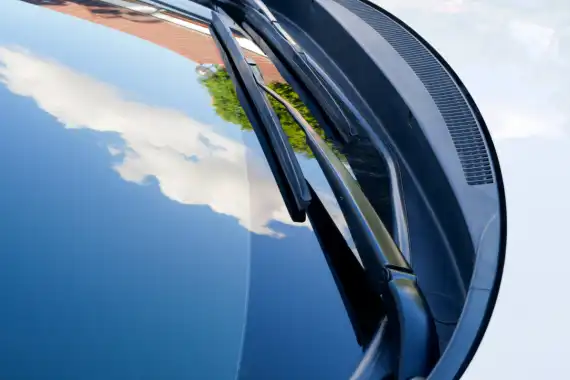
Rubber perishes after a while, but wipers are easy to replace. Make sure you’re washer jets are properly aligned and that you’ve got enough washer fluid.
Headlights
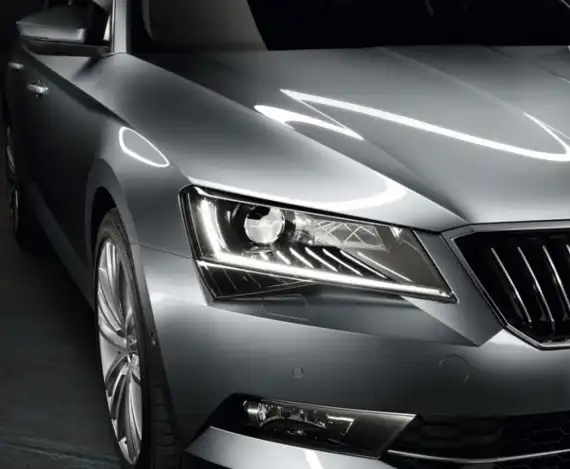
Modern cars tend to let you know if any of your bulbs have gone bust, but it’s good to double check. Turn them all on, with the ignition on, and have a look around the car to make sure they’re all working. Then, either reverse close to a wall or get a friend to stand behind and make sure your brake lights are working too. Very basic stuff.
Spare key - It’s not a bad idea to take your spare key with you on the trip, just in case you lose the primary one while away. So, yes, a good way to prevent being stranded is by taking the second key with you and storing it in a safe place.
Convertible roofs
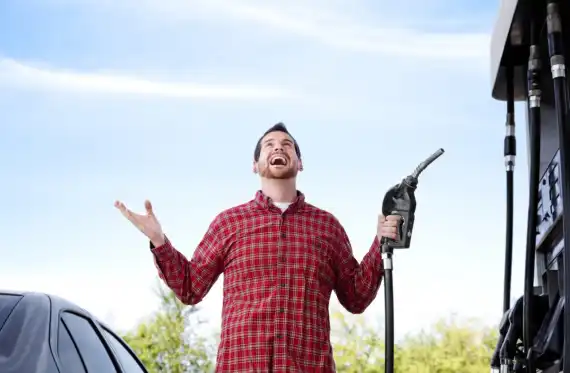
his obviously doesn’t apply to everyone, but if you’re motorised roof hasn’t been given much use in the UK then it’s good to just put it up and down a few times to make sure everything works as it should.
Locking nuts
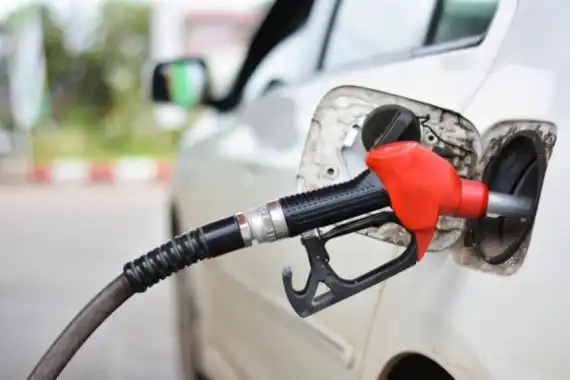
We’d always recommend leaving the wheel locking nut in the glovebox of any car. If you have a blowout while on your holiday you’ll be rather frustrated if you can’t get the wheel changed at the roadside because you forgot the locking nut!
Check your load
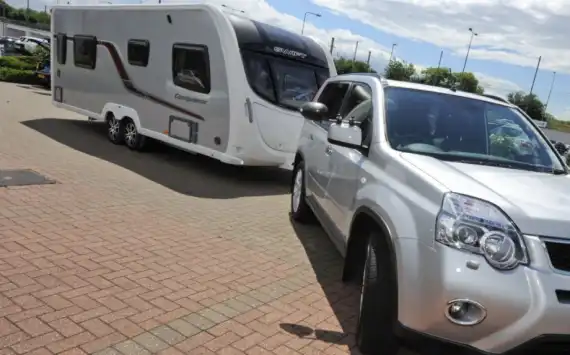
Trailers, Caravans, jet-ski holders, whatever it is that you may be towing you need to check the brake lights work and the tyre depth is to the standards mentioned above. Also check for cracks in the tyre walls, because unused tyres tend to deteriorate when they aren’t being used frequently.
Warning lights
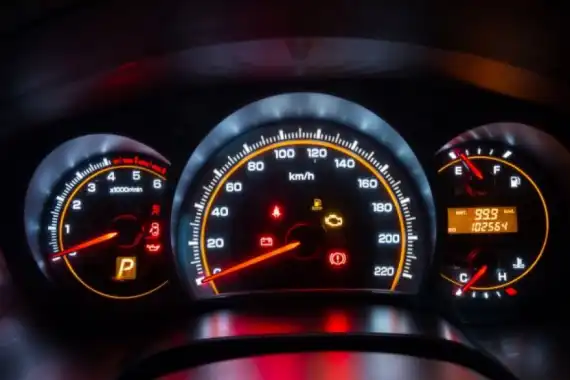
And lastly, this one shouldn’t be hard to diagnose, make sure there are no unwanted warning lights illuminating the dashboard. These are there to help you at the very least and don’t fear that the work will be expensive, sometimes it can just come down to a faulty sensor. Read what to look out for here.
Fuel level
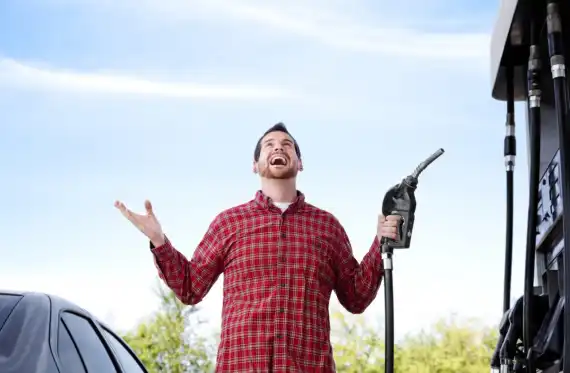
Don't chance it! Always keep your tank at least a quarter full to avoid running out of fuel on your journey.
To be as safe as possible it is often worth taking your car in for a service. Have a look here for where your nearest service centres are. Then, just in case the worst were to happen, it's nice to have breakdown cover as well - just in case.

